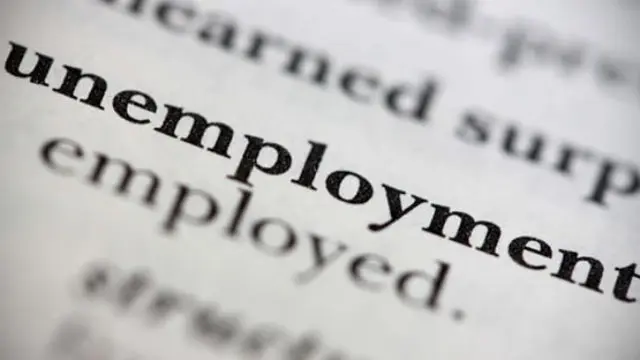In a rallying cry for inclusive and equal opportunities, Persons With Disabilities, PWDs, have raised their voices against the persistently low rates of employment, education attainment, and lack of tech inclusion.
PWDs under the aegis of Data-lead Africa said despite numerous efforts to address these glaring disparities, the fight for equality for PWDs appears far from over.
In a statement, during the week, signed by the DEI programs and partnerships coordinator, Datalead Africa, Oluwole Sefunmi, pointed out that advocacy was made when Datalead hosted the Deaf-in-Tech convening which brought together stakeholders to promote gender and disability inclusion in employment.
The event which was sponsored by Action-aid through the Global Affairs Canada funded Women’s Voice and Leadership project highlighted issues that women and persons with disabilities face in securing employment and explored practical ways in mitigating them.
According to them, women and persons with disabilities are key groups who face discrimination and stereotyping in the workforce.
Also, during the event, speakers and panelists x-rayed limiting stereotypes faced by PWDs in the communities and how partnerships and collaborations can better strengthen inclusion when the community works together.
Furthermore, they highlighted that the digital divide remains a pervasive issue, leaving PWDs even more marginalized.
The Executive Director of the Nigerian Economic Summit Group, NESG, Policy Innovation Center, Dr Osasuyi Idirisu, highlighted that inclusion should not be treated as an icing on the cake but as an integral part of our commitment as a community.
Representing the Australian High Commission, Calumn Walker, enjoined partners and PWDs to always speak out when they feel inclusion is not being prioritized by organizations. He emphasized on the commitment of the Australian High Commission to promote disability inclusion in the work they do.
In the panel sessions, Grace Jerry from Inclusive Friends Association, Hellen Beyioku-Alase from Deaf Women Aloud Initiative (DWAI) and Rasak Adekoya from Sightsavers spoke on the importance of skills in promoting disability inclusion in the workforce.
They also underscored the need for inclusion in higher education institutions especially in STEM related courses.
